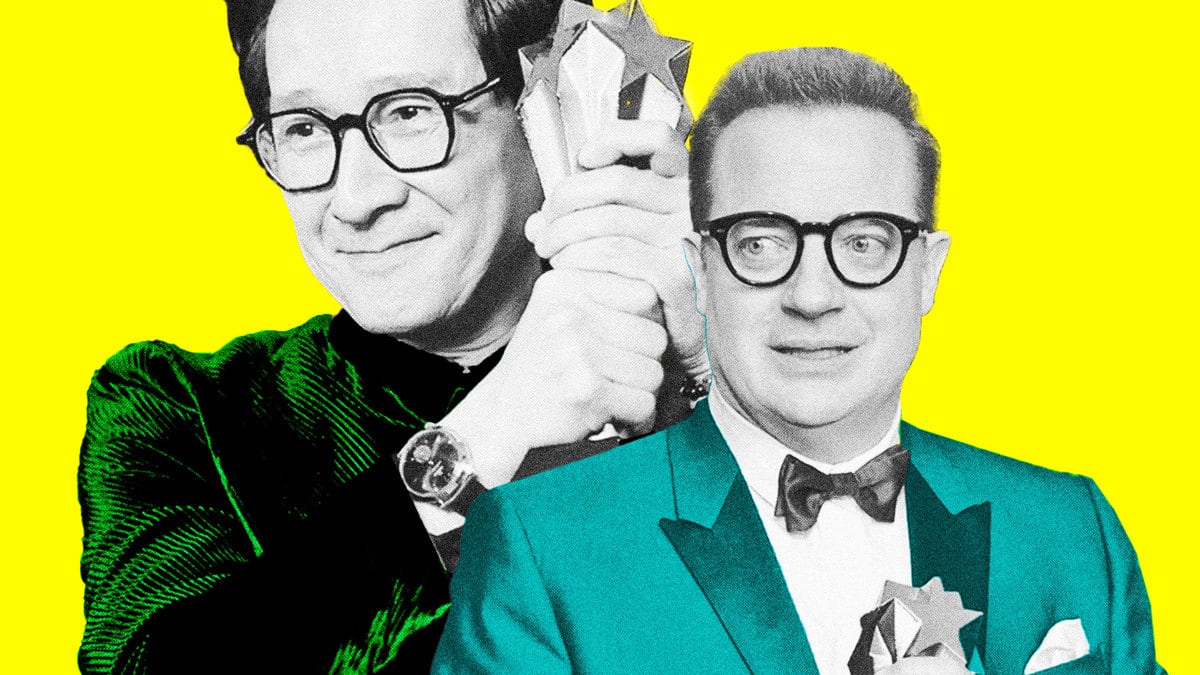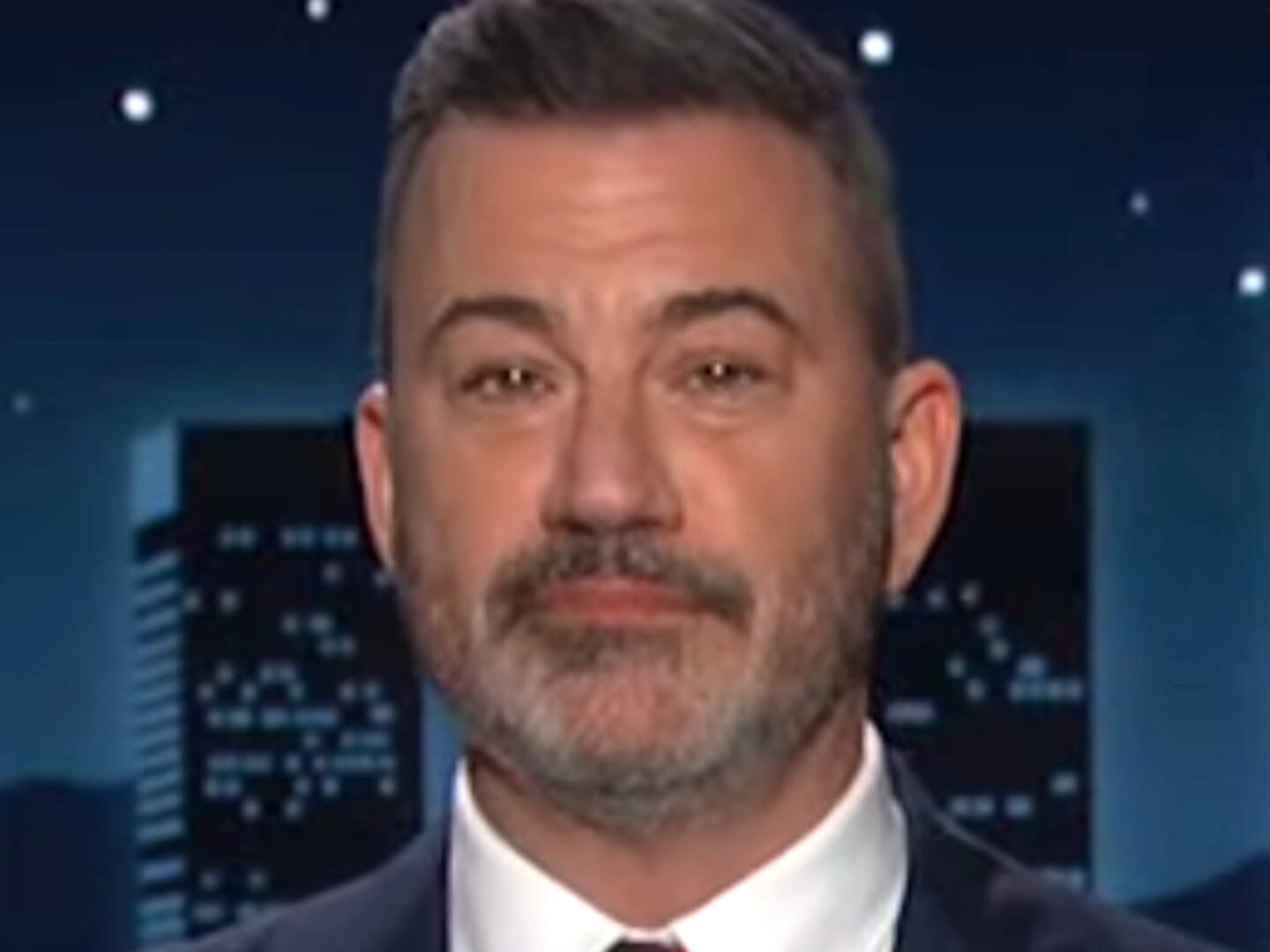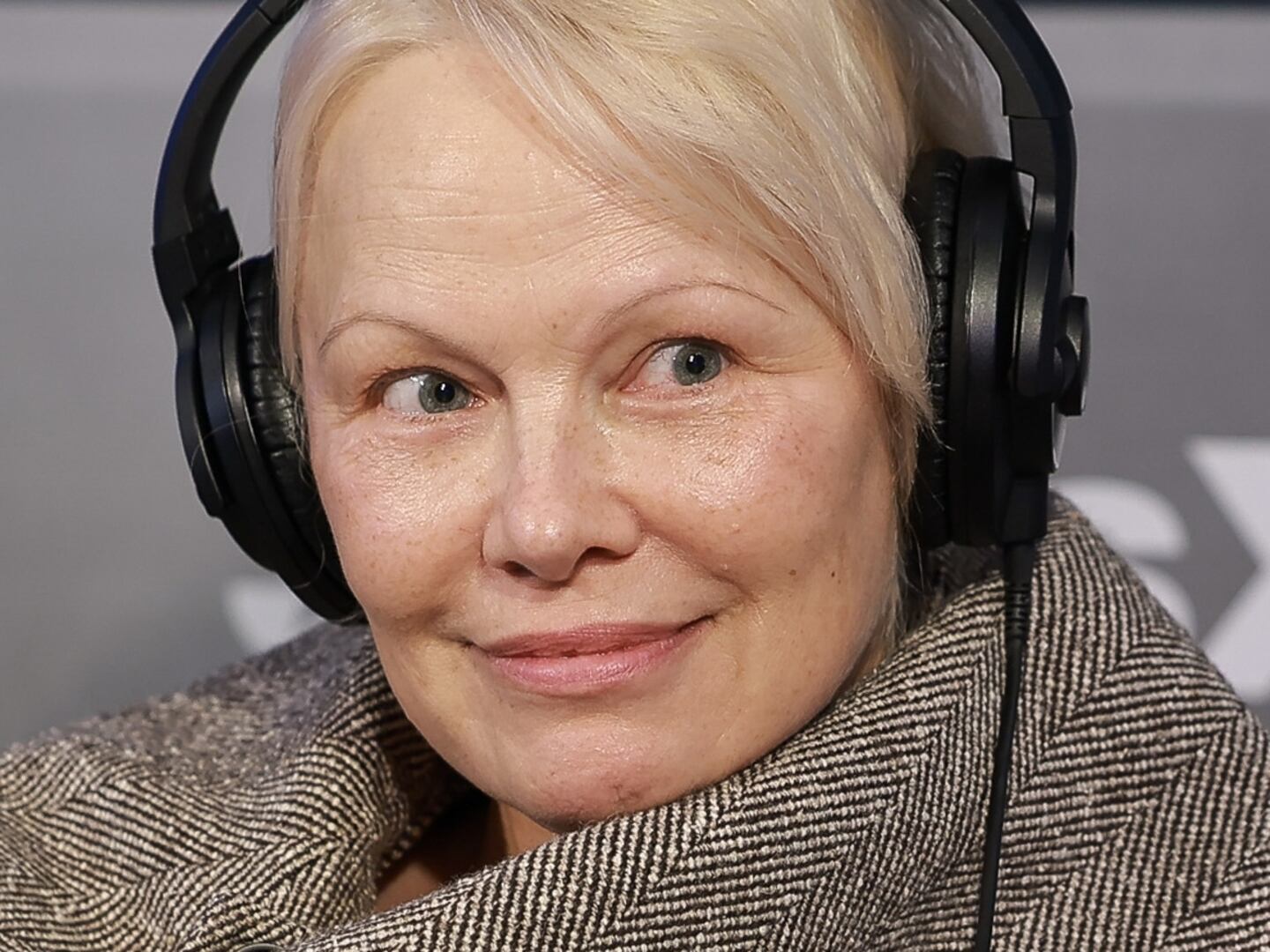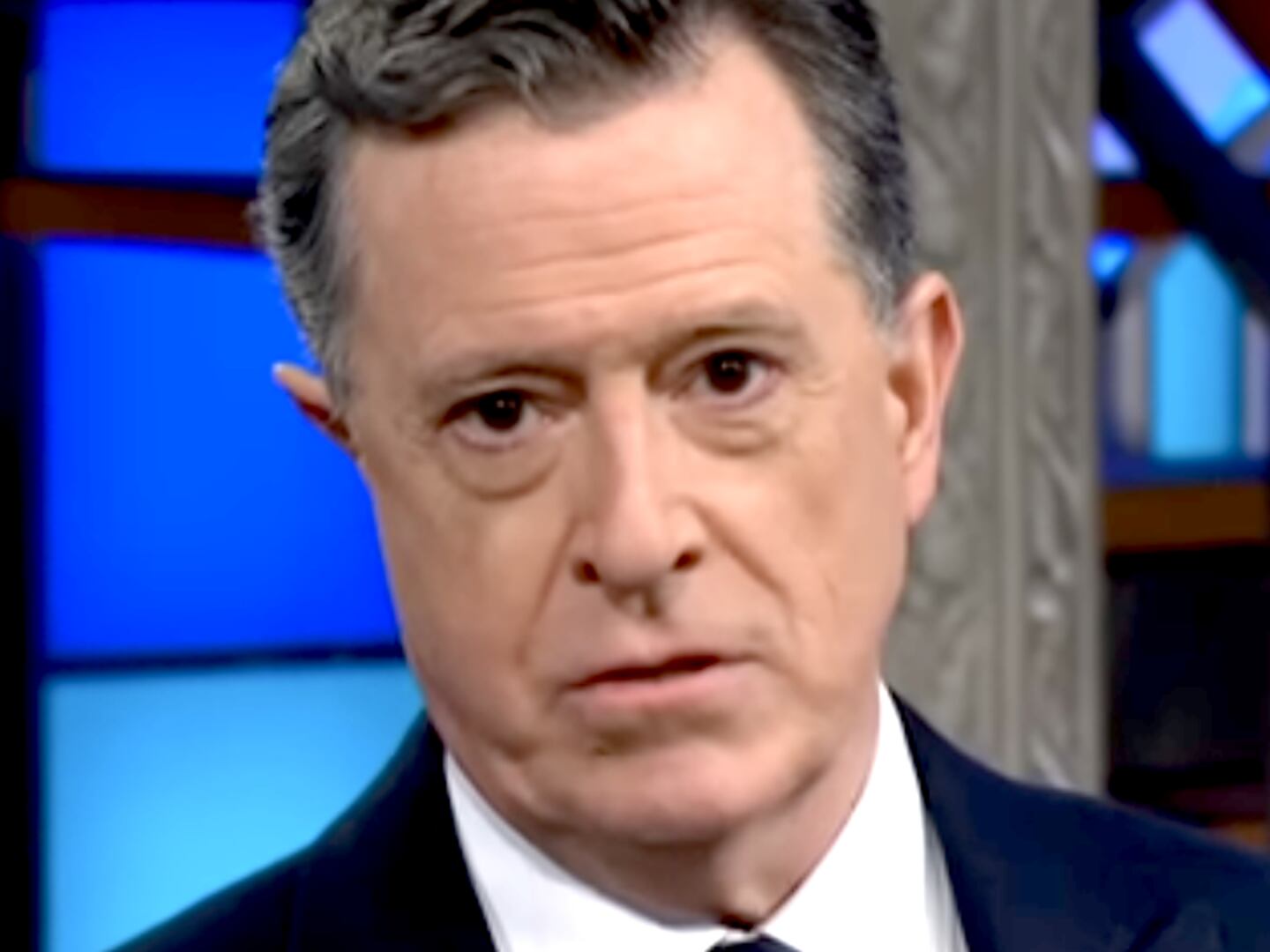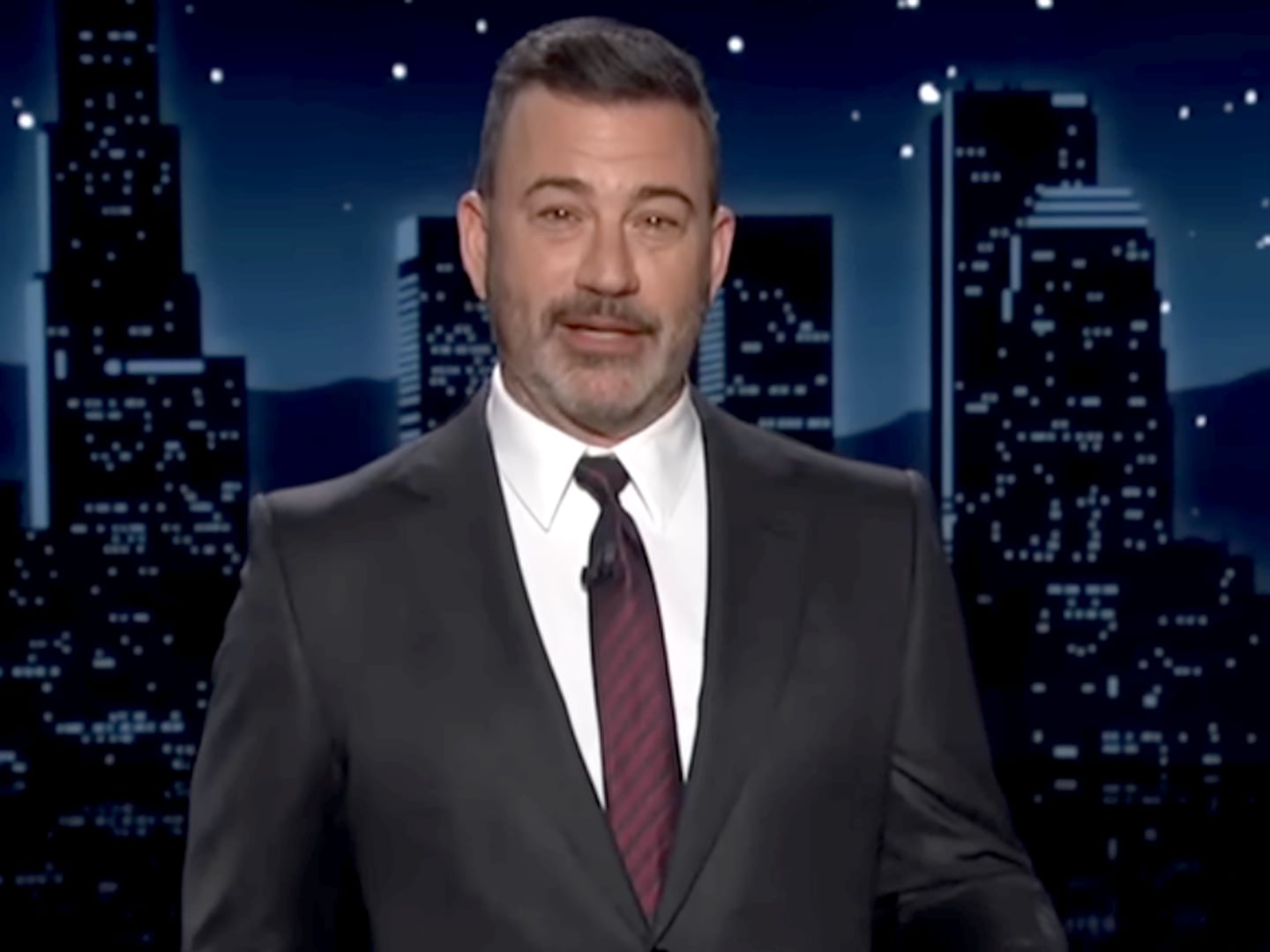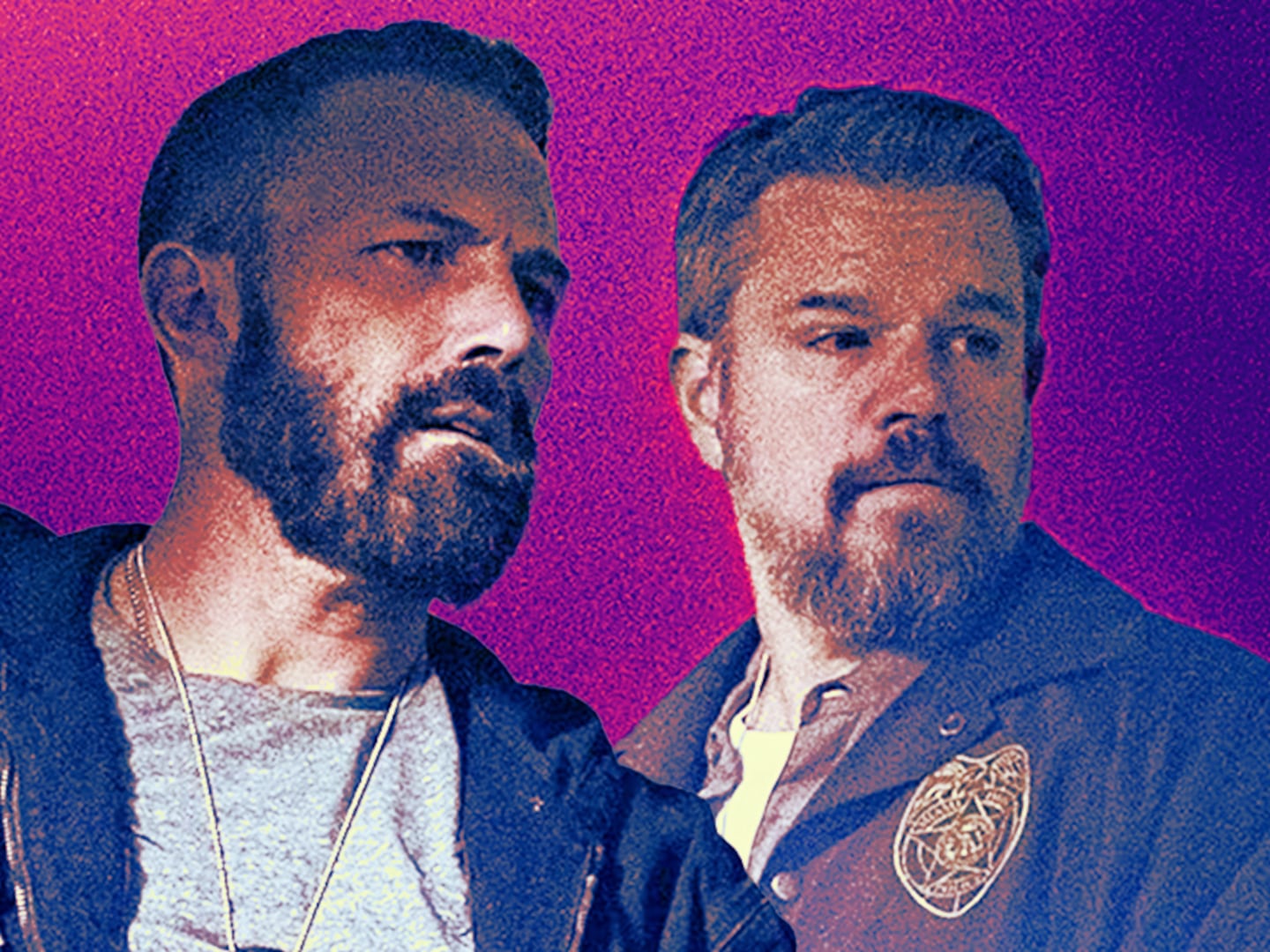This award season, we have seen two familiar faces return to the spotlight. Brendan Fraser is a hot favorite to receive recognition for his performance in Darren Aronofsky’s drama The Whale, while Ke Huy Quan seems like a lock for Best Supporting Actor for the multiverse drama Everything Everywhere All At Once.
The return of Fraser to our films and hearts, nicknamed the Brenaissance, is being heralded as a long-time industry wrong being righted. Yet there’s been far less hubbub surrounding Quan, the former child star of movies like Indiana Jones and the Temple of Doom, who returned to acting in his forties and almost immediately became an icon as a result.
To those of us who grew up devouring The Mummy or The Goonies (or Encino Man, which starred both actors), it’s been truly delightful to see these men get standing ovations and be celebrated for their talents well beyond the realm of nostalgic throwbacks. It’s the season of the comeback, in two highly revealing ways.
Tying these two narratives together is the swell of emotion the two are receiving, both from fans and the industry, as they pick up accolades, embark on major press tours, and rub elbows with the A-listers who have been filling the award-show ballrooms in the years since they respectively fell off the radar. It’s transcended just a showbiz story; observers, fans or otherwise, have developed a personal attachment to their success. There’s an obvious temptation to tie their journeys together because of that: Here are two people we used to love, soaking in a new wave of adulation, one they’ve long deserved.

But obviously their stories are different. One man is a former A-list Hollywood heartthrob who worked steadily; the other is a person of color, a former child star who was given few opportunities beyond his adolescence. Their respective journeys back to this award season speak to the myriad ways the industry fails even its most popular idols, and the lessons we all, even the fans and supporters, refuse to learn, even as we cheer them on now.
Fraser will be the first to tell you, as he did in a recent interview with GQ, that he’s not really experiencing a comeback, since he never truly stopped working. The projects became less high-profile and he took on fewer leading roles, but his filmography is consistent over the past 20 years. Sure, he didn’t get the parts he deserved and he certainly was hindered by an industry that saw him as a commodity past its sell-by date, but he was fortunate enough to remain a working actor.
He benefited from the rise of prestige TV and found some of his most interesting parts on shows like Trust and Doom Patrol. By the time that Hollywood and the press fully started paying attention to Fraser once more, he was on stronger ground, or at least more legitimate ground in the eyes of a harsh business.
Reviews for The Whale heralded his performance as one of the year’s best, even in those critiques that otherwise slammed the film. It was seen as a rare opportunity for an actor known for one specific thing (goofball action guy) to reveal his range. For those of us who knew his capabilities and never understood why he was underrated to begin with (just check out films like The Quiet American to see his dramatic chops), it was comforting, uplifting even. It felt like the cloistered industry was finally catching up to what fans always knew.

But it is easier to describe his narrative as one of a comeback to those who see stardom as a one-way route to the top. It is uncommon to see a former leading man A-Lister re-emerge after a few years as a supposed “has-been,”’ but it’s not impossible. Fraser’s case is different, however, because so much of the enthusiasm for his work came from the internet rather than the industry.
Twitter cried for his comeback long before he was an Oscar favorite, and celebrated his work before Aronofsky and Martin Scorsese picked up the phone. When a 2018 profile from GQ revealed the depths of his struggles, including various on-set injuries and having been allegedly sexually assaulted, it only strengthened fans’ desire for him to have a splashy return to the spotlight. Fraser never fully left people’s minds, and for good reason. He is that charming and that talented.

It’s a different kind of “comeback” than the one experienced by Quan, whose journey tells a different, illuminating story about how the industry treats its players.
Before Everything Everywhere All at Once, Quan hadn’t acted in anything for about two decades. After being in two of the biggest films of the ’80s, his career faltered. Eventually, he stepped away to do other things and had a varied career behind the camera, doing fight coordination on the first X-Men film and acting as an assistant director to the legendary Wong Kar-wai. Acting had stopped being his primary job, and he could have been thought of as a child star who never made the leap to a successful adult career.
I don’t think anyone could have ever predicted that he’d return to our screens with such fanfare, and then immediately become an Oscar frontrunner. In Everything Everywhere All At Once, we see Quan as a husband, a father, and a multi-dimensional freedom fighter with limitless fighting skills. It’s not the kind of role that comes along often for anyone, especially East Asian actors, and Quan nailed it. He’s funny, heart-breaking, utterly earnest, and kick-ass. In perhaps his best scene, he puts on his best Tony Leung impression to be the sort of melancholic romantic hero that Film Twitter writes odes to.

It's thrilling to see what he can do but also kind of sad. We were denied this for so long. We could have had decades of excellent performances from Quan, had the industry’s racial biases and tendency to dismiss child actors not interfered. Quan has talked frequently about how it was the success of Crazy Rich Asians, the first American film with a majority Asian cast since The Joy Luck Club, that encouraged him to return to acting. That’s a 30-year gap. Think of all the Quans we could have seen over the decades. Hell, why couldn’t he be the next Indiana Jones?
The fickleness and outright cruelty of the film industry is tough to overstate. Even its most privileged members are not immune to smothering demands of body image and youth or the cutthroat competitiveness. It’s a business ruled by the glossiest narratives, and a comeback plays right into that.

It's tough to deny the sheer joy of seeing both Fraser and Quan get their flowers, especially since they’re clearly relishing this moment for all its worth. Fraser has received endless standing ovations at screenings of The Whale, while Quan’s heart-warming Golden Globes acceptance speech went viral in a matter of seconds. They’re having a blast with their comeback and rightly so. Moments like this don’t happen very often. On a purely nostalgic level, it’s a total blast to see two ’80s and ’90s icons in radical new ways (what an amazing time for the Encino Man fandom!)
We welcome these comebacks, but they come with heavy lessons that few seem willing to learn from. As long as people are given a short shelf life, prized for impossible standards of physicality, or hindered by an intrinsically racist system, then there will always be a bittersweet note to even the most exuberant of comebacks. This is not to take away anything from Fraser or Quan, who 100 percent deserve their moment in the sun. It's more a plea to remind people that we should celebrate our favorites while they’re still around and that opportunity should be expanded beyond Hollywood’s narrow norms.

